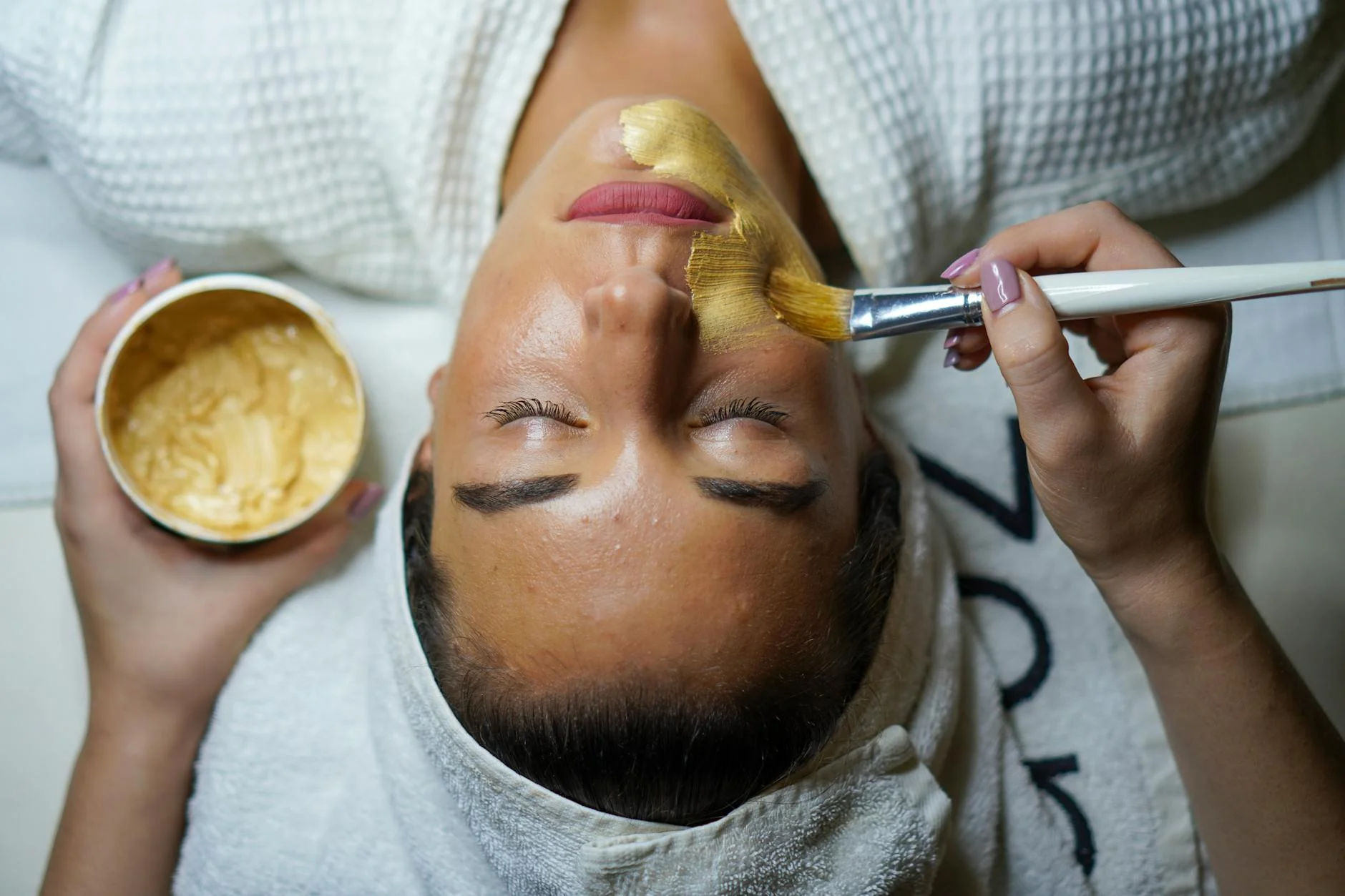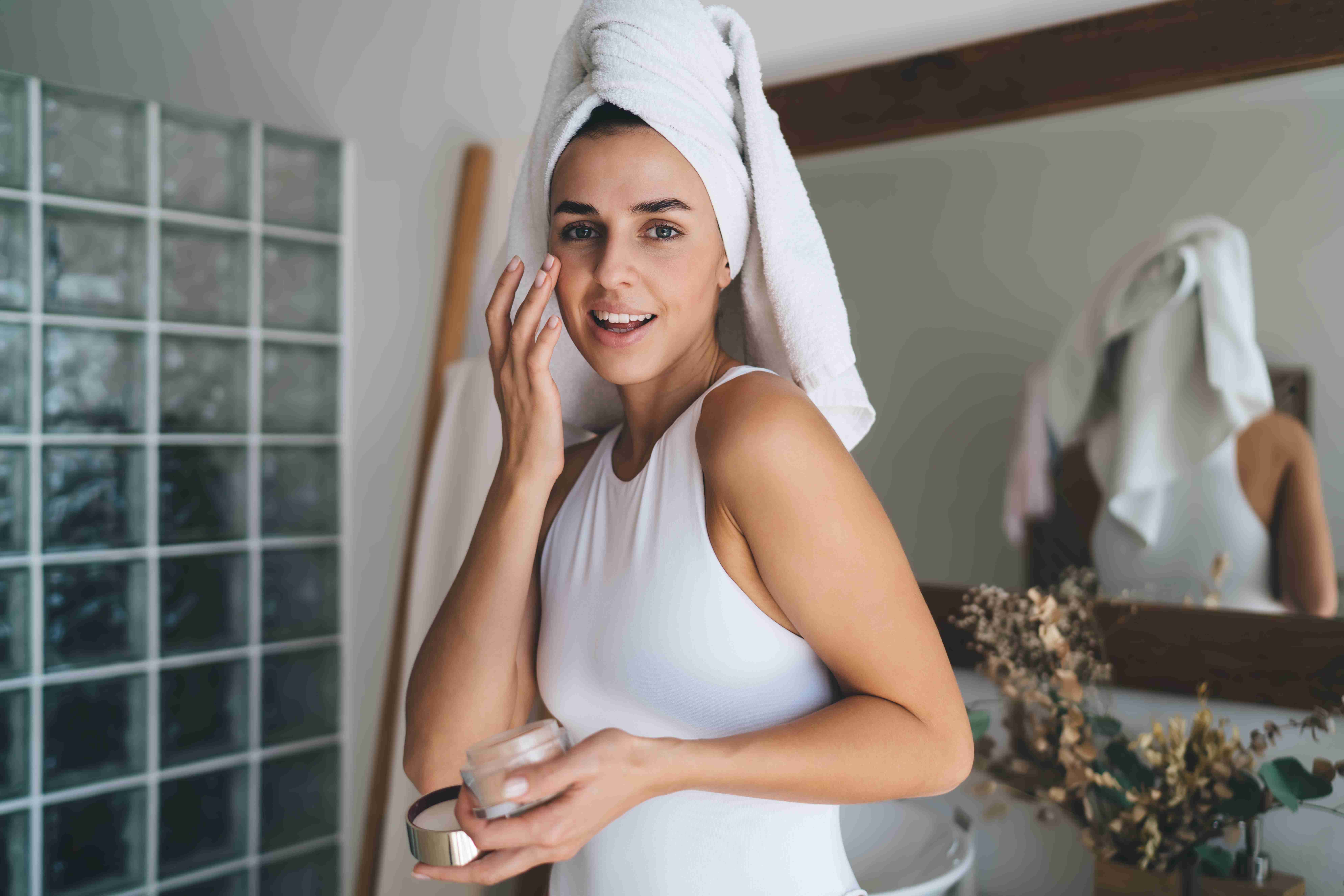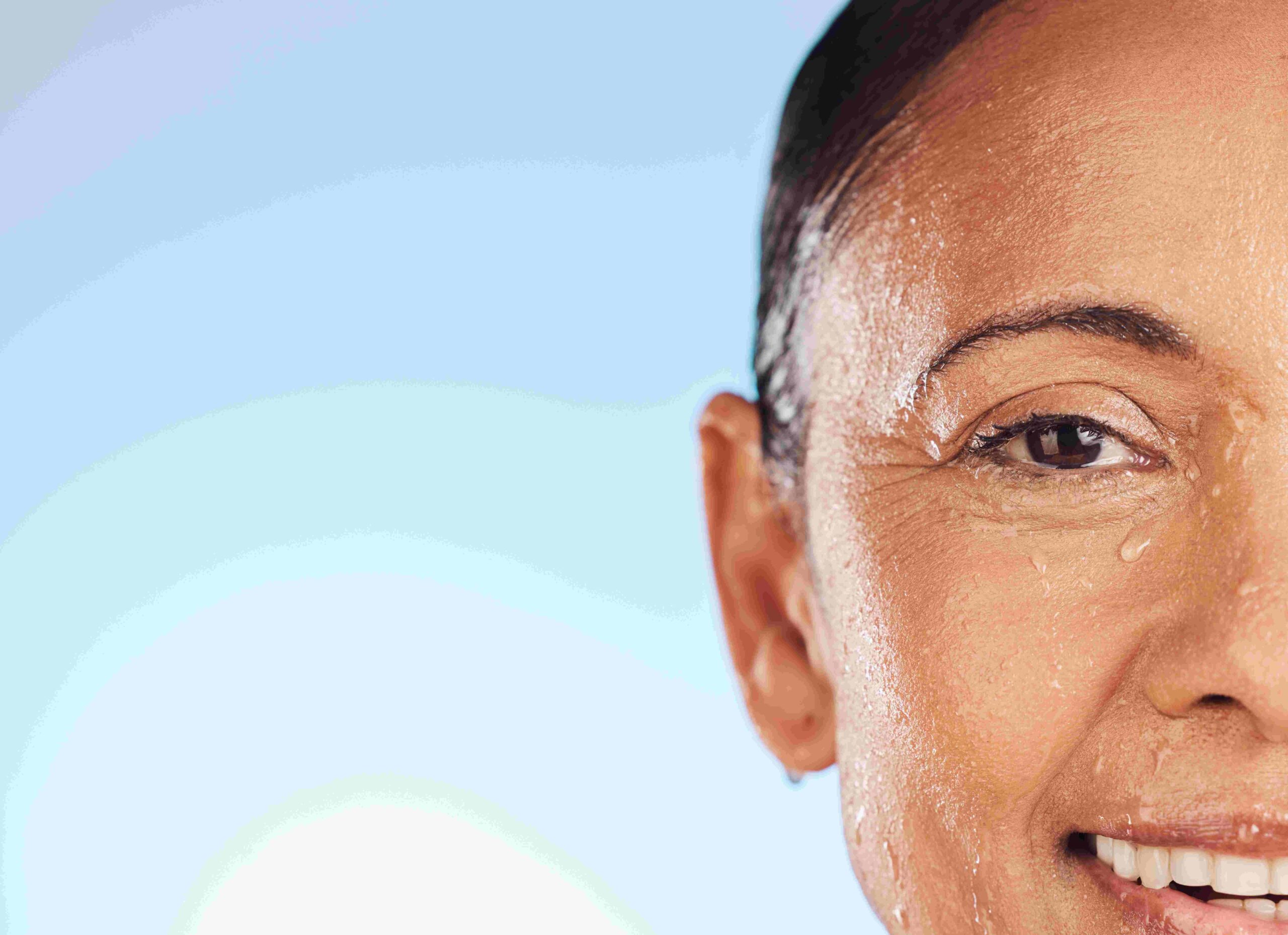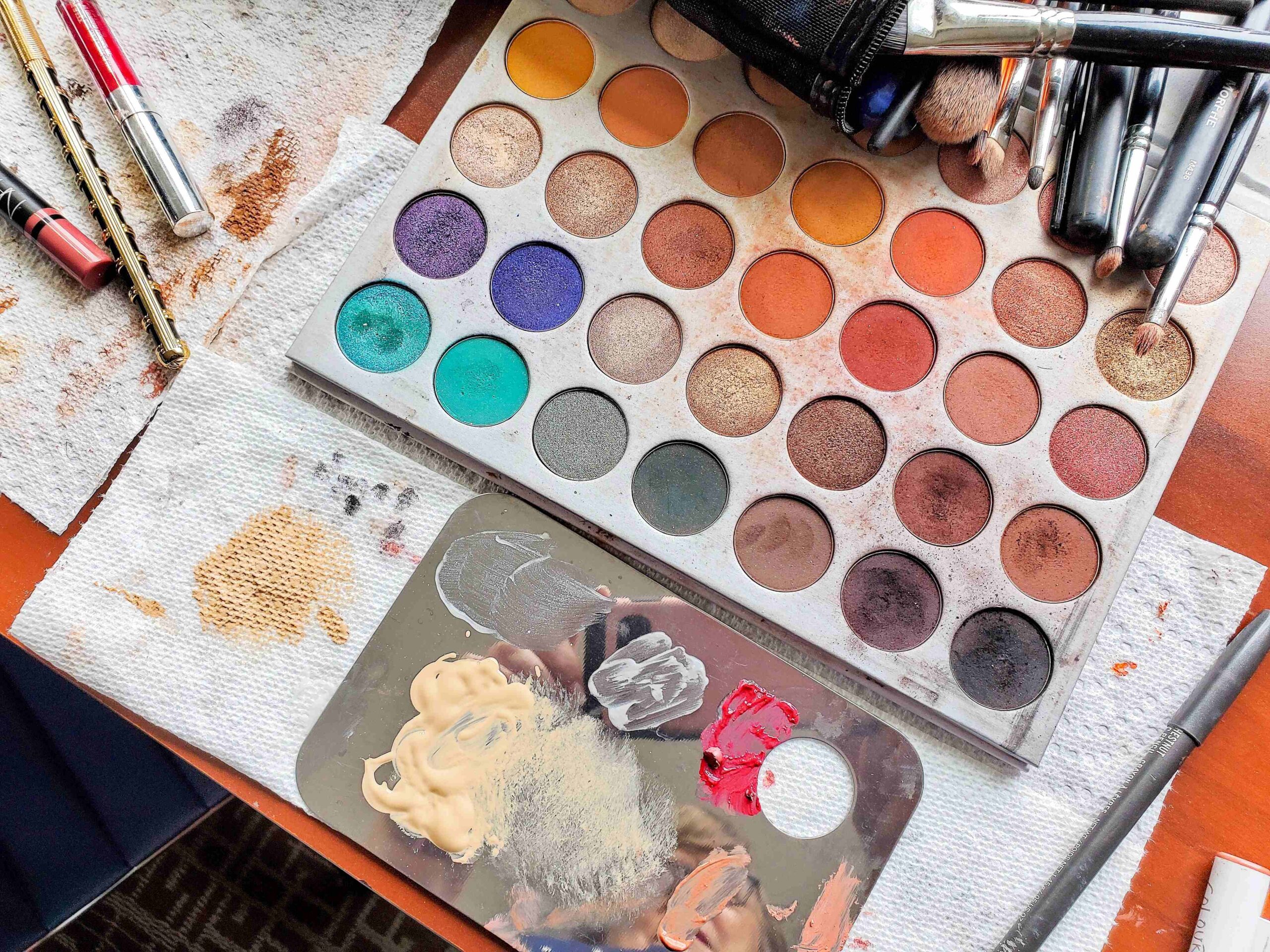Luxury skincare isn’t just about products—it’s about an experience. The allure lies in transformative formulas, sophisticated packaging, and a sense of indulgence that promises glowing, healthy skin. In 2025, trends like minimalistic routines, biotech ingredients, and personalized solutions are reshaping what consumers expect from high-end brands. This post takes a closer look at the innovative ingredients, groundbreaking tools, and evolving standards driving the luxury skincare world forward.
What Defines a Luxury Skincare Brand?
Luxury skincare brands go beyond mere functionality—they deliver an elevated experience rooted in quality, innovation, and responsible practices. Let’s explore what distinguishes these brands through their unique approaches to ingredients, science, and sustainability.
The Role of Premium Ingredients
What sets luxury skincare apart at first glance? The ingredients. These brands prioritize rare and high-quality components that are carefully selected for their effectiveness and luxurious feel. For example:
- Botanical Extracts: Ingredients such as camellia japonica or sea fennel are known for their soothing and anti-inflammatory properties.
- Rare Oils: Marula, argan, or prickly pear oils offer unmatched hydration while being lightweight and non-greasy.
- Lab-Grown Actives: Engineered in controlled environments, lab-grown peptides or hyaluronic acid provide visible skin benefits while reducing reliance on natural resources.
Each ingredient plays a functional and sensory role. The textures, scents, and outcomes combine into a package that feels indulgent, amplifying the skincare ritual itself. Many luxury brands will source these ingredients ethically and sustainably, enhancing their appeal. Notable brands like Tatcha and La Mer are industry favorites thanks to their attention to detail in ingredients—read more about their unique formulations here.
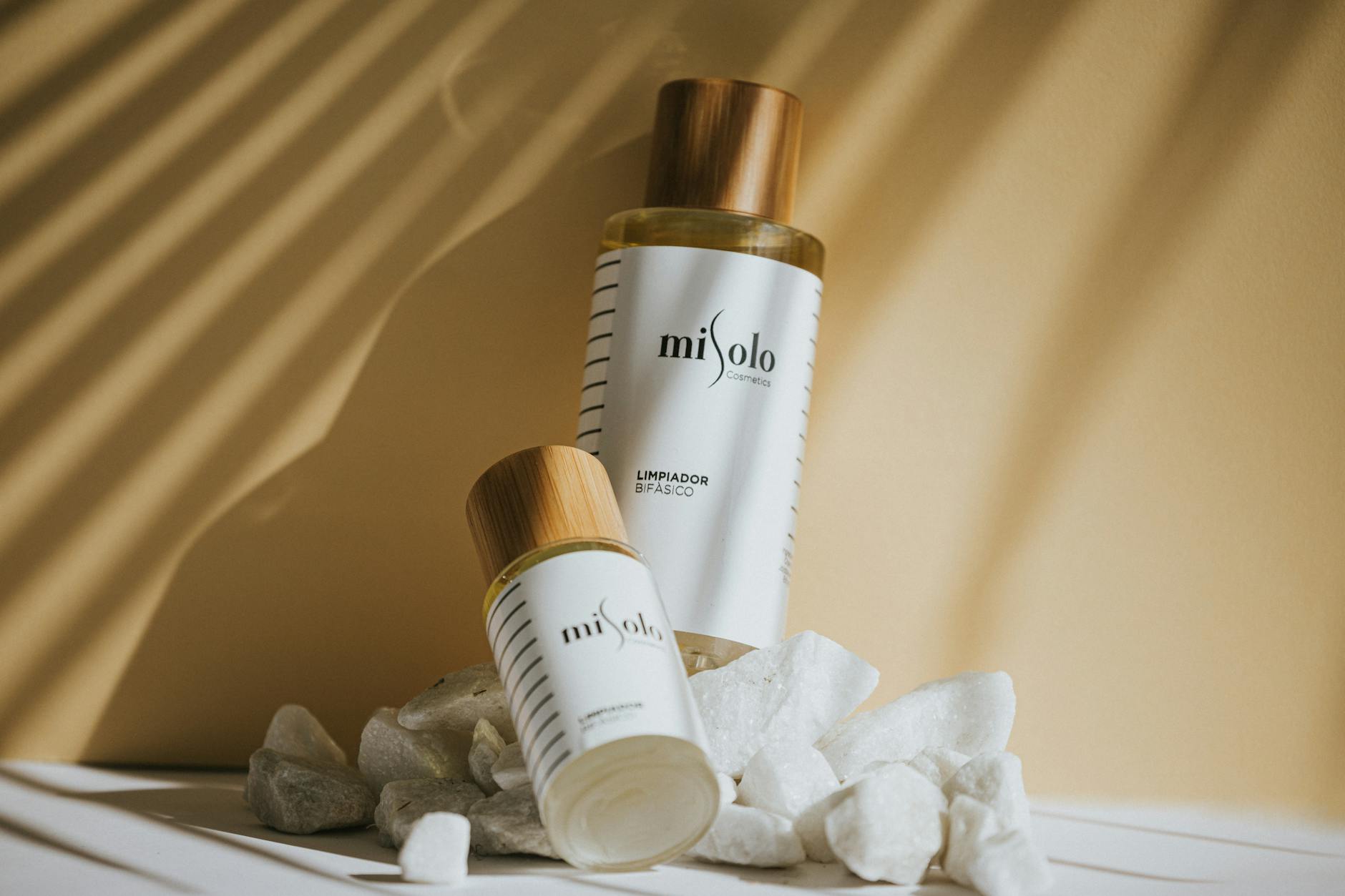 Photo by Misolo Cosmetic.
Photo by Misolo Cosmetic.
Science-Backed Innovations
Luxury skincare isn’t just about looking natural—it’s deeply rooted in scientific innovation. These brands often work with leading dermatologists and scientists to create formulas that deliver real, consistent results. Here’s how they’re embracing technology:
- Biotech Advances: Ingredients like lab-grown collagen or antioxidants are becoming more prevalent in high-end skincare due to their precision and purity.
- Exclusive Technologies: Patented delivery systems ensure active ingredients penetrate deeper into the skin for maximum impact.
- Customized Solutions: Personalization is on the rise, with brands using AI-driven tools to create skincare tailored to individual needs.
For example, newer brands like AV Laboratories are making waves by combining clinical research with cutting-edge biotech, offering serums that restore and transform skin. Curious about biotech in beauty? You can explore some of the latest innovations here.
Sustainability and Ethical Practices
Modern luxury consumers not only want high-quality products but also demand accountability from the brands they support. This has driven many luxury skincare brands to shift toward sustainable and ethical practices. These changes include:
- Eco-Friendly Packaging: Refillable containers, biodegradable materials, and glass bottles over plastic are increasingly popular.
- Sustainable Ingredient Sourcing: Renewable sources for active ingredients ensure minimal environmental impact.
- Cruelty-Free Production: Many brands now avoid testing on animals entirely—a hallmark of ethical beauty.
Pioneers like Tata Harper have integrated sustainability as a core value, designing fully organic products and packaging. Even legacy brands such as La Mer are revisiting their practices to align with consumer expectations. Want to explore luxury beauty with ecological commitments? Check out this guide here.
By integrating responsibility into their formula, luxury skincare brands are redefining what it means to be premium—not just in quality but also in values. These shifts align with consumer demand for guilt-free indulgence, ensuring these brands remain desirable and timeless.
Top Luxury Skincare Brands to Know in 2025
When it comes to skincare, some names stand out as the epitome of luxury and efficacy. In 2025, a few legacy and modern brands continue to lead the conversation in bringing innovative, effective, and indulgent products into the lives of beauty enthusiasts worldwide. Here are the marquee brands shaping the high-end skincare market and their notable specialties.
La Mer: Iconic Elegance

Photo by Vie Studio.
Few skincare brands embody luxury as seamlessly as La Mer. Known for its signature Crème de la Mer, the brand has built its reputation on marine-based formulations that promise visible skin renewal. The iconic moisturizer incorporates a proprietary Miracle Broth™, a formula derived from nutrient-rich algae fermented over several months.
This highly coveted cream is celebrated for its ability to soothe, hydrate, and transform the skin—no wonder it has achieved a near-mythic status in the industry. La Mer consistently invests in sustainable sourcing for marine plants, demonstrating its deep commitment to both skin health and environmental conservation. Explore more about their luxurious offerings here.
La Prairie: The Science of Luxury
Swiss-based La Prairie represents the intersection of luxury and advanced scientific expertise. Best known for its Skin Caviar Collection, La Prairie elevates skincare rituals into artistic expressions. The brand harnesses the power of caviar-derived peptides to boost firmness, elasticity, and skin radiance.
La Prairie’s dedication to cellular science is unparalleled. They utilize innovative active ingredients combined with patented formulas designed to penetrate deeply into the skin. Its continued research into anti-aging properties solidifies its reputation as a leader in skincare technology. For more insights into their revolutionary approach, visit their official website here.
Dr. Barbara Sturm: Personalized Clean Beauty
Dr. Barbara Sturm is a brand that combines the science of aesthetics with high-performance, clean formulas that address specific skin needs. Known for her Molecular Cosmetic line, she’s crafted products suitable for all skin types, prioritizing anti-inflammatory ingredients and solutions tailored to individual skin profiles.
Her personalized approach extends to DNA-guided skincare and made-for-you regimens that focus on clean, responsible ingredients. Fans swear by the Hyaluronic Serum, a hallmark product for hydration and plumping. Dr. Sturm’s products are cruelty-free, non-toxic, and emphasize responsiveness without unnecessary additions. Learn more about her innovations here.
Augustinus Bader: The Skin Regeneration Pioneer
If there is one name that arguably changed the landscape of regenerative skincare, it’s Augustinus Bader. Developed by a world-renowned biomedical scientist, the brand is underpinned by its revolutionary TFC8® technology (Trigger Factor Complex). This patented formula leverages over 30 years of stem-cell research to boost the skin’s natural ability to repair and renew.
The Rich Cream, in particular, is highly praised for its ability to address fine lines, wrinkles, and skin unevenness while delivering deep hydration. Augustinus Bader is widely acknowledged as a game-changer among luxury skincare brands, cementing its place with scientifically proven results. Explore how this brand has garnered global acclaim here.
Each of these brands represents the pinnacle of innovation and refinement. Whether blending scientific breakthroughs, rare ingredients, or sustainability, they set the gold standard for skincare excellence.
Emerging Trends in Luxury Skincare
Luxury skincare continues to evolve at a rapid pace, blending cutting-edge technology, sustainability, and consumer-centric approaches. The future is about products that are smarter, streamlined, and attuned to individual needs. Below, we explore four of the most exciting trends redefining high-end skincare today.
Biotech-Driven Skincare Formulas
Biotechnology has brought a transformative shift in the skincare sector, offering lab-created ingredients that combine sustainability with high efficacy. These innovations aren’t just a trend—they’re reshaping the foundation of skincare formulations.
Lab-grown ingredients like synthetic collagen and biomimetic lipids are standout stars. Unlike traditional collagen sourced from animals, synthetic collagen is created in controlled settings and mimics natural skin components. This ensures higher compatibility with diverse skin types and reduces the reliance on environmental resources. Biomimetic lipids, on the other hand, are engineered to replicate the skin’s natural lipids, boosting hydration and barrier repair in ways traditional extracts can’t.
Why does this matter? Biotech-driven ingredients not only align with eco-conscious consumer values but also elevate performance, offering solutions that tackle aging and sensitivity with precision. Skincare brands like Estee Lauder and Shiseido are already incorporating biotech innovations to create products that feel both luxurious and purposeful. You can find more details on this trend here.

Photo by Polina ⠀.
AI-Powered Personalization
When was the last time a skincare product felt like it was made just for you? In 2025, artificial intelligence is turning that dream into reality. AI-powered tools are driving a wave of hyper-personalized skincare solutions. From diagnostic devices that analyze everything from pore size to hydration levels, to apps that recommend tailored products based on your daily skin needs, the possibilities are endless.
Take customized formulations, for example. By using AI, brands like Proven Skincare deliver products tailored to individual environmental exposures, skin types, and even genetics. Diagnostic tools available via smartphone apps or standalone devices are also gaining popularity, ensuring consumers receive real-time insights and product adjustments based on weather, stress, or lifestyle changes.
The appeal of personalization goes beyond convenience. It ensures maximum value for every product purchased, reinforcing consumers’ investment in luxury skincare. Curious about AI advancements reshaping beauty? Learn more here.
Multifunctional Products
Streamlining is the name of the game, and consumers are leaning into routines that simplify without skimping on results. Multifunctional luxury products are a direct response to this demand, combining several benefits into single formulations.
Take SPF-infused anti-aging creams, for example—these products moisturize, protect against harmful UV rays, and tackle fine lines and wrinkles all at the same time. Add to that antioxidant-packed foundations or serums that also hydrate, and you’ve got an arsenal of time-saving, results-packed skincare staples.
Why the shift? It’s simple: people want effective routines that don’t require juggling a dozen products. It’s about convenience, reduced spending, and using fewer resources—all wrapped into beautifully crafted, high-performance products. For those interested in blending efficiency with indulgence, this guide offers further insights.
Focus on Barrier Repair
Over the past few years, skincare consumers have learned one vital truth: everything starts with a healthy skin barrier. In 2025, luxury skincare is putting barrier repair at the forefront, developing products designed to protect, restore, and strengthen this critical layer.
The skin barrier serves as your body’s first line of defense, holding moisture in and keeping irritants out. Unfortunately, stress, pollution, and over-exfoliation can weaken it, leading to dryness, breakouts, and inflammation. Products formulated with ceramides, niacinamide, and fatty acids are saturating the market, offering relief and long-term restoration.
The luxury aspect comes into play with advanced delivery mechanisms and premium formulations that work faster and more effectively. Some products even feature microbiome-friendly actives, enhancing the skin’s natural ecosystem for optimal health. This trend highlights our evolving focus on wellness, with consumers viewing skincare as a way to promote mental and physical harmony. Get the latest on barrier-friendly products here.
Luxury skincare in 2025 is less about fleeting trends and more about enduring practices that combine technology, sustainability, and practical solutions. These innovations are setting the stage for the next generation of beauty, inviting consumers to indulge without compromise.
Challenges Facing Luxury Skincare Brands
Luxury skincare brands operate in a world where the bar is constantly rising. With consumers who expect the best and prioritize sustainability, transparency, and innovation, brands often face enormous challenges. Let’s explore the hurdles shaping the future of luxury skincare.
Ethical and Sustainable Sourcing Dilemmas
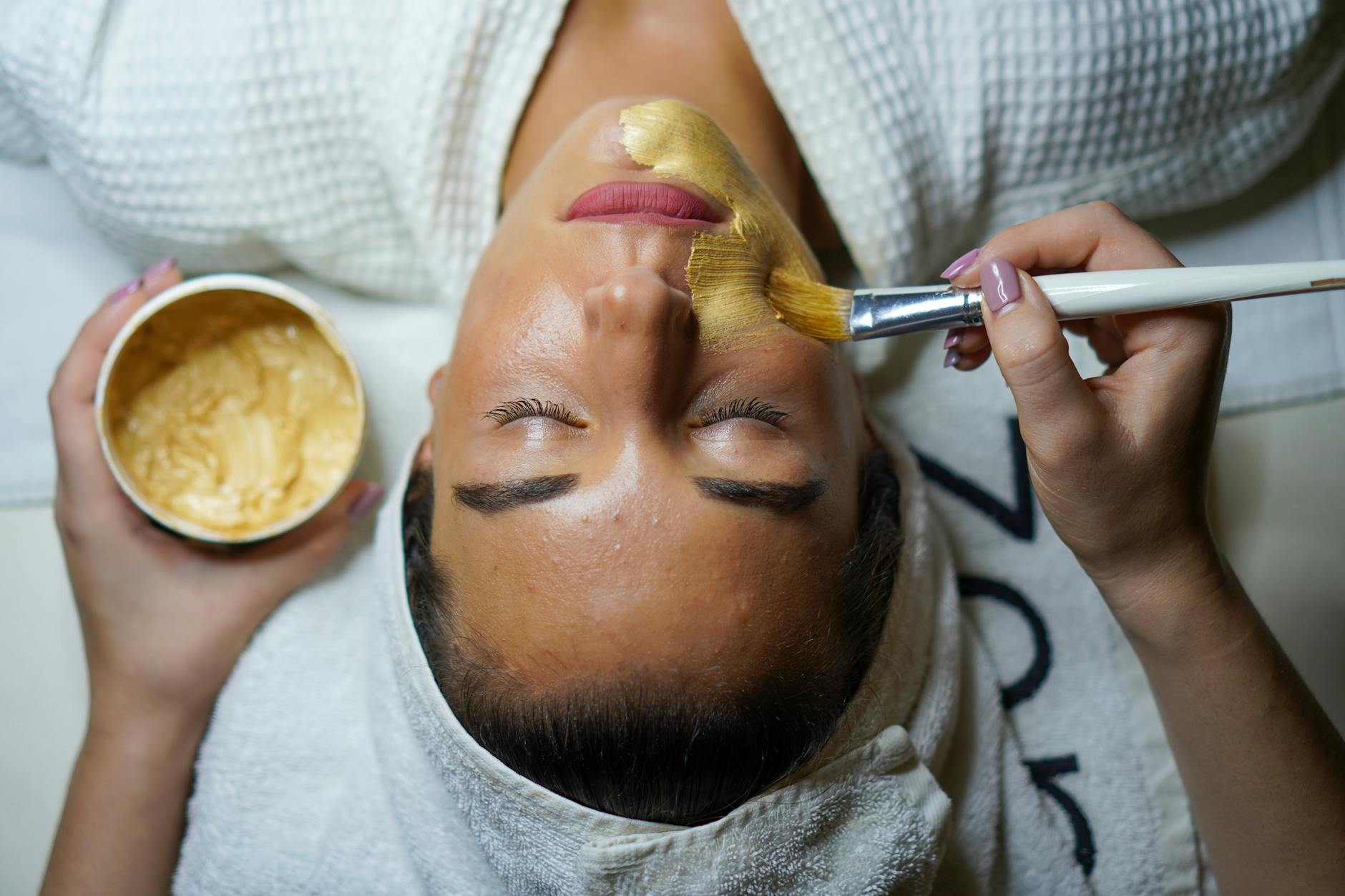
Photo by John Tekeridis.
Luxury skincare often touts “rare” or “exclusive” ingredients as part of its appeal, but sourcing these components ethically presents a significant obstacle. Many of the prized ingredients, such as exotic botanicals or marine extracts, face sustainability issues. Overharvesting to meet high luxury standards can lead to environmental degradation. For instance, rare oils sourced in certain regions often disrupt local ecosystems and economies if not carefully monitored.
Ethical sourcing becomes even trickier when brands seek to maintain their exclusivity. Transparency about where ingredients are obtained and how suppliers treat their workers is becoming a demand, not an option. For example, reports of unethical sourcing practices have pushed multiple brands into controversy. To stay ahead, many companies are turning to sustainable innovations, such as lab-grown actives, that promise the luxury feel without the ecological footprint. Learn how sustainable solutions are reshaping luxury beauty here.
The Controversy Around Novel Ingredients
Consumers love innovation, but with novel ingredients like PDRN (polydeoxyribonucleotide) and exosomes, brands walk a tightrope. While these cutting-edge actives claim breakthrough benefits—like stimulating cellular repair or skin regeneration—they come with regulatory scrutiny.
Exosome-based products, for instance, have faced regulatory hurdles globally due to their medical origins and potential risks if improperly used. These suspicions can lead to halted product launches or even recalls. Similarly, PDRN, derived from salmon DNA, faces ethical questions surrounding its marine sourcing as well as concerns about consumer safety.
Why does all of this matter? Trust. If brands can’t clearly communicate both the origins and function of novel ingredients, they risk alienating well-informed clients. Skincare enthusiasts now research their investments like never before, deeply skeptical of “too good to be true” claims. Staying compliant with regulations and being upfront about ingredient science is crucial to maintaining credibility.
Rising Demand for Transparency
Luxury no longer equals blind trust. Today’s consumers are savvy, ingredient-conscious, and don’t hesitate to demand complete disclosure. What’s actually inside the $300 face cream? Where do the ingredients come from? Were any animals harmed in the process? These have become standard questions.
Transparency isn’t just about creating ingredient lists anymore; it’s about storytelling. Luxury skincare brands need to share traceable sourcing methods, lab results, and sustainability reports. Without these, they risk losing favor to “clean beauty” competitors. Incorporating blockchain technology to certify supply chain authenticity is one way forward, but even this has challenges.
Large brands are attempting to meet the moment. Renowned luxury brands like Chantecaille have begun sharing their conservation stories, focusing on philanthropy that resonates with consumers passionate about eco-conscious practices. This evolving trust-based relationship will shape the future of the industry. Want to see examples of how brands are addressing ingredient transparency? Visit this resource.
Transparency around ethical practices, novel ingredients, and sourcing continues to challenge luxury skincare. Meeting these demands ensures brands remain relevant to a more informed and discerning audience.
Luxury skincare thrives on its ability to redefine both beauty and self-care. These brands set themselves apart with exceptional ingredients, cutting-edge technologies, and their dedication to sustainability. It’s not just about selling a product; it’s about creating an experience that feels truly indulgent while delivering visible results.
As consumer expectations evolve, the pressure to innovate responsibly is greater than ever. Buyers now demand transparency, efficiency, and ethical practices without sacrificing the luxury touch. This balance is reshaping beauty routines, with personalized solutions and multifunctional products leading the charge.
The future of luxury skincare lies in meeting these high standards while pushing boundaries. Whether it’s through AI-driven personalization, biotech innovations, or eco-conscious commitments, these brands are poised to remain at the forefront. For consumers, this means more than skincare—it’s an investment in quality, care, and well-being.

